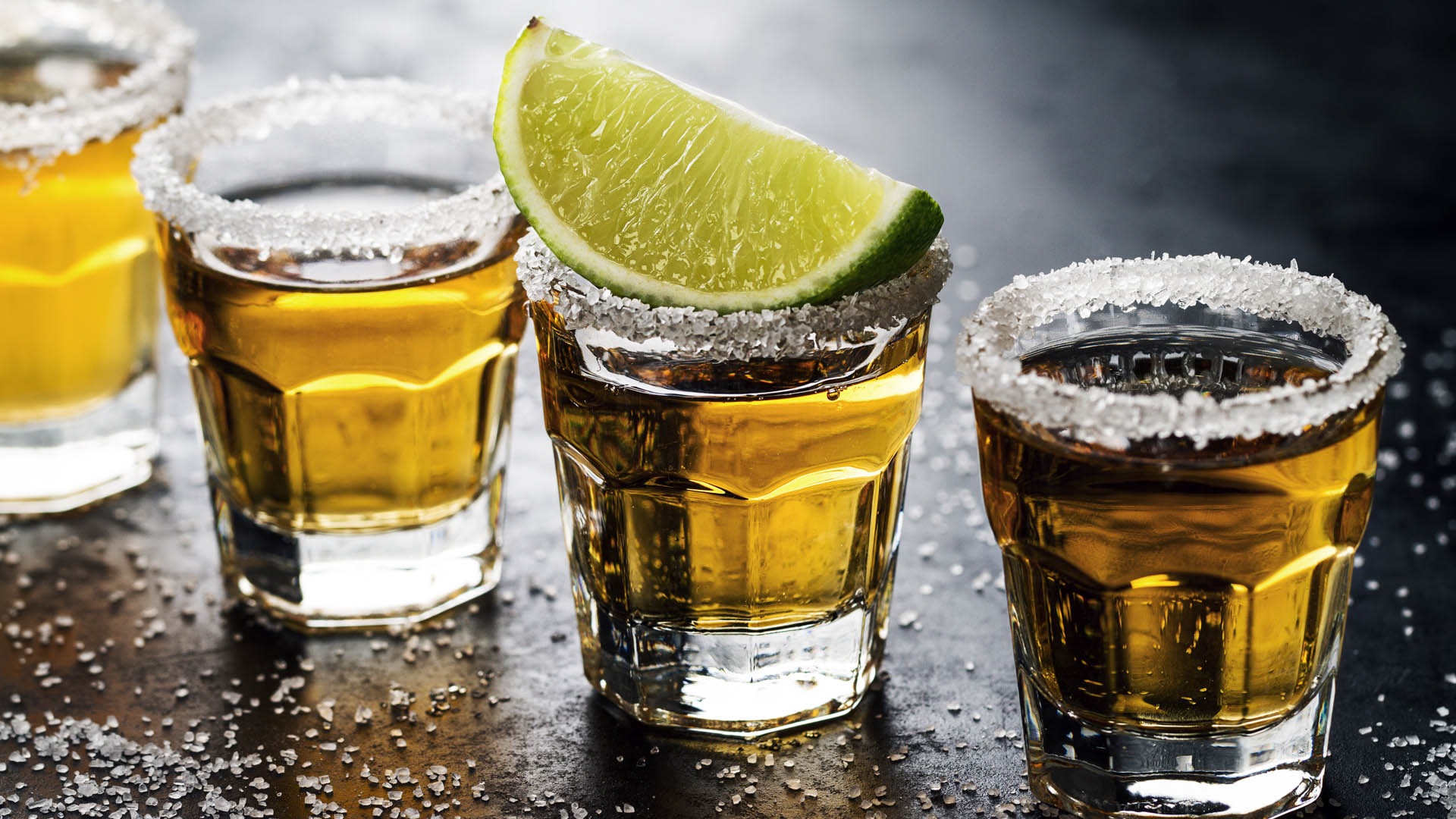Drinking is part of our culture, but it is also hard on our health.
Hoisting a glass of beer or sipping a cocktail night after night can put pressure on your health, fog your brain, damage your heart and even put you more at risk of succumbing to cancer.
Stay busy, get plenty of exercise, and don’t drink too much. Then again, don’t drink too littleHERMAN “JACKRABBIT” SMITH-JOHANNSEN
According to the World Health Organization1, in the United Kingdom, adult alcohol consumption is largely focused on beer. Wine and spirits are also enjoyed, but not as frequently.
Safe guidelines for adult males suggest no more than a pint and a half of four percent beer per day and about a 175 ml glass of wine for women to be consumed regularly (every day or most days of the week).
How much do you drink?
Chances are, if you are like most of your neighbours, you greatly underestimate the amount.
Getting alcohol under control in a healthy life means actually recording how much you drink both out on social occasions and at home.
If you are well over the suggested guidelines, your liver is going to take the brunt of it. As health experts at the National Institute on Alcohol Abuse and Alcoholism2 point out, it is your liver’s job to break down most of the alcohol you take in.
However, the process of breaking down alcohol by the liver generates harmful toxins that can damage the liver cells, deplete your body’s natural defense system against disease, and promote inflammation. Over time, alcohol disrupts your metabolism system and impacts the proper functioning of your organs.
Besides its full-fledged attack on your liver, alcohol overdoses can alter your mood, change your behavior and lessen your coordination. It can also contribute to irregular heartbeats, stroke and high blood pressure.
Alcohol produces harmful toxins in your pancreas as well and puts you at risk of contracting liver cancer, breast cancer, throat, mouth and esophagus cancer.
If you are trying to get your body on track, try quitting all alcohol for at least a month just to restore yourself. Open up to other taste sensations like smoothies, fizzy drinks and diet sodas.
Notice the difference of your body’s behavior when you are not drinking. You will find that you sleep better and are less stressed without alcohol.
When you do resume social drinking, try to drink a glass of water or a soda between alcoholic drinks. Dilute your beer with ginger ale. Pace yourself by spreading your drinks out slowly over the evening, rather than knocking them back in rapid succession.
Be conscious that cocktails generally contain more alcohol than other drinks.
Sources
- World Health Organization report on alcohol consumption in the United Kingdom
http://ec.europa.eu/health/alcohol/policy/country_profiles/united_kingdom_country_profile.pdf
- National Institute on Alcohol Abuse and Alcoholism http://niaaa.nih.gov/alcohol-health/alcohols-effects-body





